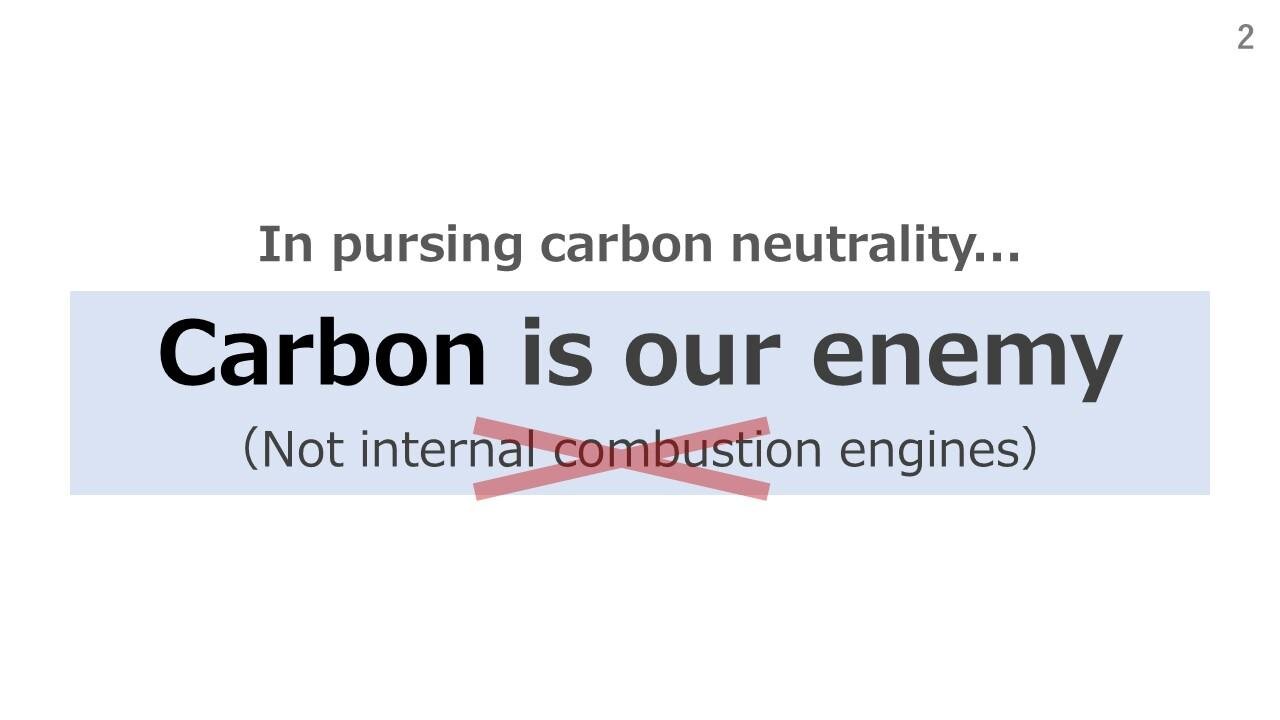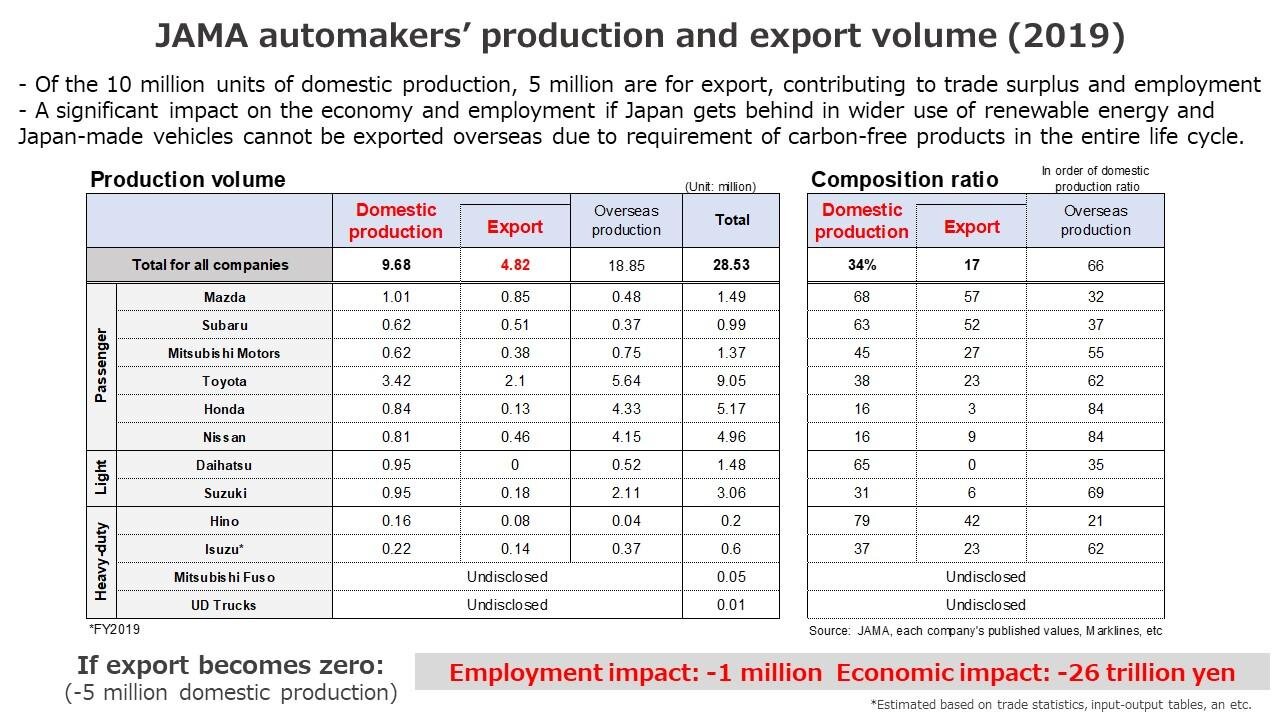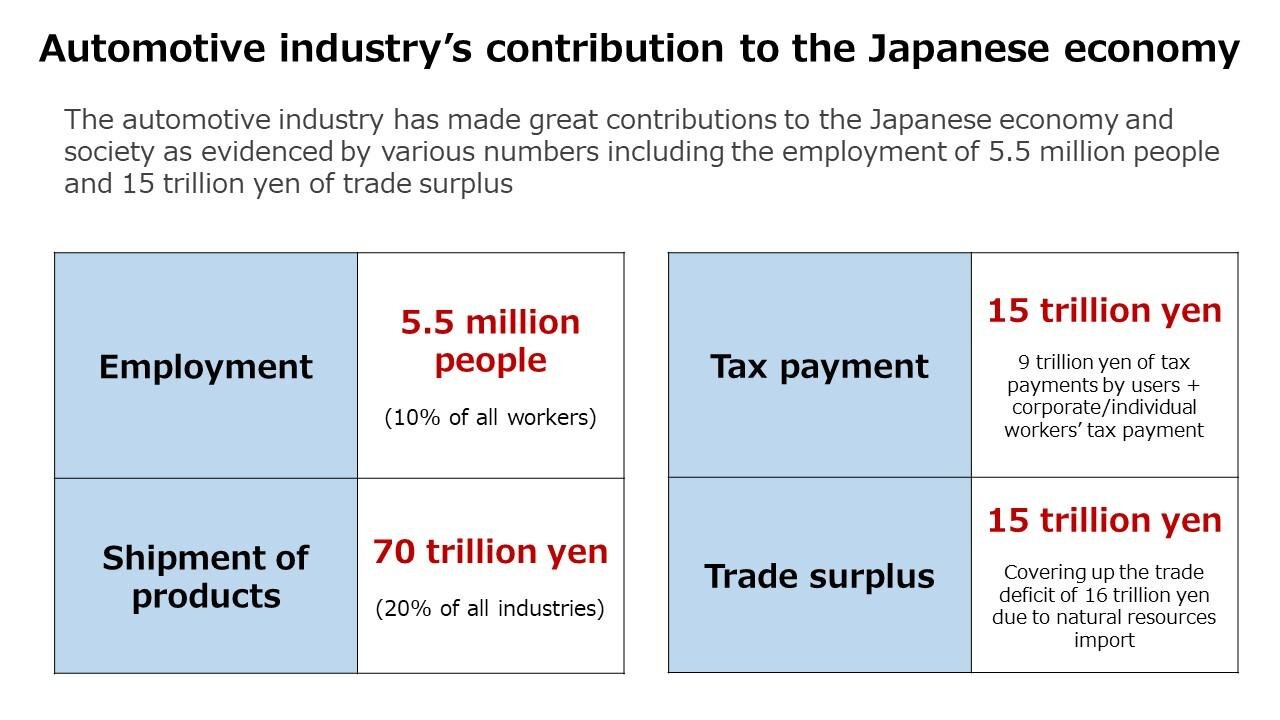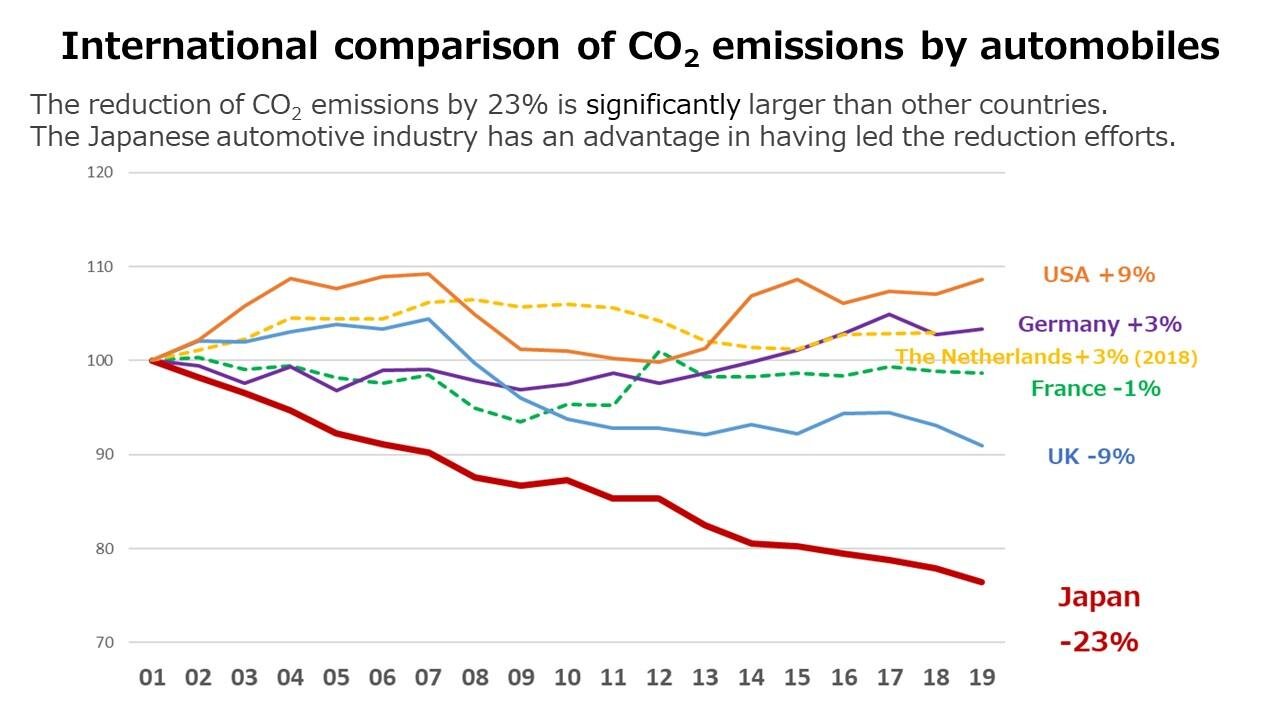Akio Toyoda Reveals Root of Resistance Toward EVs: Jobs
By Edward A. Sanchez – Oct. 10, 2021
Unless you’ve been stranded on a desert island for the last five years, it’s no great secret that Toyota has been touting the virtues of its hybrid and fuel cell technology, casting doubt on the purported environmental benefits of battery-electric vehicles and citing the environmental impact of mining and battery production and the work-in-progress issue of whole-lifecycle resource management of battery recycling.
While Toyota makes some valid points about looking at the totality of carbon impact of battery electrics versus hybrids, some have openly wondered why the automaker has been so actively antagonistic toward the advancement of BEVs. Well, in a fairly detailed article on The Toyota Times, a dedicated public-facing news outlet managed by the company, an account of Toyota president Akio Toyoda’s speech to the Japan Automobile Manufacturers Association (JAMA) sheds some light on an underlying issue that hasn’t heretofore been directly addressed, but has been mentioned by many as a possible motive behind Toyota’s anti-EV stance.
In the article, Toyoda emphatically states that total carbon emissions are the “enemy,” not necessarily the internal combustion engine itself. Toyoda cites that Japan’s enthusiastic adoption of hybrids has helped the country reduce CO2 emissions by 23%, or 50 million metric tons – a greater reduction than any other developed economy.
But further into his speech and presentation, he cited the potential devastating impact the premature (in his eyes) adoption of BEVs would have on the Japanese economy. Toyoda claimed that if BEVs were mandated by 2035, the Japanese auto industry as a whole could lose “the vast majority of our 5.5 million jobs.”




(Above: These documents from Toyota’s Akio Toyoda show the leadership’s mindset when it comes to ICE and BEVs)
He claimed some export markets’ requirements that vehicles sold there be zero tailpipe emissions could result in a de facto embargo of 5 million vehicles, and that Japan’s manufacturing capability could not realistically ramp up production of 2 million zero tailpipe-emissions vehicles (ZTEVs) by 2030, the date when many ICE bans are going into effect globally.
Toward the end of the article, Toyoda claims, “This is exactly about wanting to be a pacemaker in pursuing carbon neutrality as we have often explained before.”
While Toyoda’s rhetoric is noble, the company’s active lobbying in Washington D.C. against any potential BEV mandates shows a degree of duplicity in advocating for the maintenance of the status quo, at least in terms of powertrain technologies, an area in which Toyota has a significant vested interest in hybrids and internal combustion engines. Rather than rising to the occasion and saying (I’m paraphrasing), “Japan Inc. can rise to the occasion of transformation of the transportation sector, and we are prepared to make the changes necessary to be a leader in the green energy transportation economy,” Toyota (and Toyoda) are doubling down on their defense of Japan’s traditional industrial sector, basically saying they’re incapable of major change, and are willing to go down with the ship, so to speak.
Let’s be clear: Toyota’s resistance to BEVs is a choice. In the early 2010s, when Tesla was still a quirky Silicon Valley startup, many other automakers expressed similar skepticism about the viability and scalability of electric cars. Now, however, Toyota finds itself increasingly alone in the global automotive community in its stubborn resistance to BEVs. While it is expending its resources on political lobbying and public relations to cast FUD on EVs, other automakers are ramping up their manufacturing and research capabilities. Ford has just announced an $11 billion investment in battery manufacturing in Tennessee and Kentucky, where Toyota coincidentally has its largest factory in the world in Georgetown, just north of Lexington.
Toyota is reportedly hard at work in research and development on solid-state batteries for EVs. The company has legendarily rigorous requirements for quality, durability, and longevity, and some are claiming this is why Toyota has not yet brought a global, high-volume BEV to market.
Perhaps that’s true. But active lobbying against environmental mandates, even if well-intentioned in the defense of jobs and industry, are increasingly giving the company a reputation as a defender of obsolete, “dirty” technology as the rest of the industry is moving forward.
(Images courtesy Toyota)
- Store - Podcast - Facebook - Google News - Twitter -







